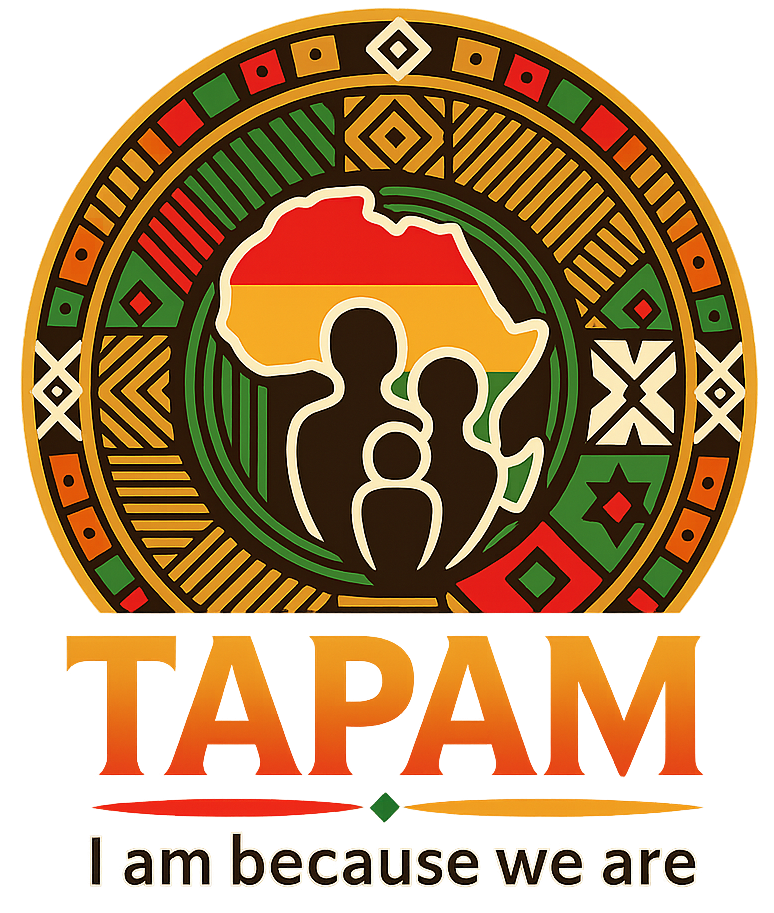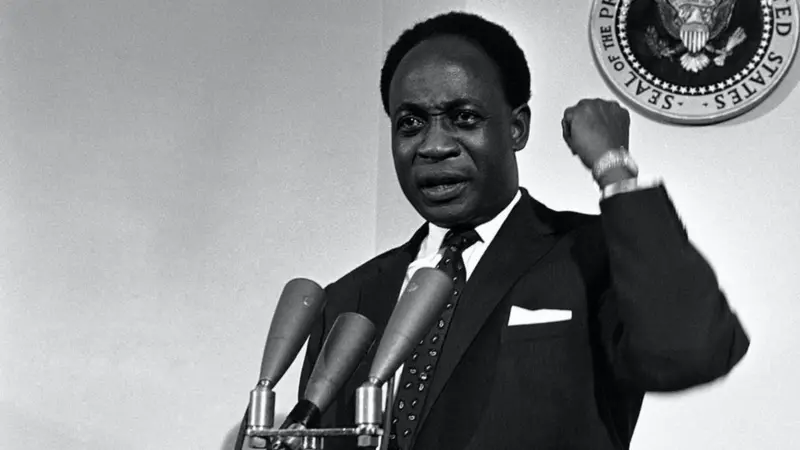Kwame Nkrumah’s Mission and Vision for Africa
Abstract
Kwame Nkrumah envisioned a future not only for Africa but for the world at large. He anticipated a global society bound together by shared goals and interdependence. His mission was to prepare Africa to take its rightful place in this evolving world—not as a subordinate, but as an equal partner. To achieve this, he sought to dismantle colonial structures and replace them with institutions that supported African progress, human dignity, and self-determination. Beginning with Ghana’s independence, Nkrumah extended his ideas to the wider African continent, aiming ultimately at a unified global community. His philosophy functioned on three levels: the individual, the state, and the continent, with the ultimate goal of contributing to a balanced and united world. Inspired by Dr. James Aggrey’s metaphor of the piano keys—black and white together producing harmony—Nkrumah promoted the idea of Africa as an essential part of the world community.
Introduction
Nkrumah’s lifelong mission was to end colonial rule in Africa and restore dignity to its people. He believed that true freedom would enable Africans to thrive in the global arena as equals. His political journey began in 1947 when he returned to the Gold Coast to serve as Secretary of the United Gold Coast Convention (UGCC), the first organized movement for independence. That struggle lasted decades, culminating in 1994 with South Africa’s liberation.
In an era of Cold War rivalry, Nkrumah pursued non-alignment while strategically engaging both Western and Eastern blocs for Ghana’s benefit. With U.S. support, the Akosombo Dam became the foundation of Ghana’s industrialization, while Soviet backing helped establish the Atomic Energy Project. His worldview emphasized peace and dignity, earning him the Lenin Peace Prize in 1961. Nkrumah understood that Africa’s challenges were central to solving global issues and made it his life’s work to confront them.
The Fall of Nkrumah
On February 24, 1966, Nkrumah was deposed in a coup while abroad. The event shocked the nation, sparking both celebrations and sorrow. For many, the coup marked the loss of a visionary leader. Efforts were even made to erase his legacy—schools removed books that mentioned him. Despite attempts to silence his memory, his ideas lived on, inspiring younger generations to explore his life and mission.
Nkrumah: The Thinker and Leader
Few figures combine theory and practice in politics as seamlessly as Nkrumah. Like Lenin, he was both a strategist and a doer. To understand his vision, one must examine his formative years. Influenced by Dr. Aggrey at Achimota School, Nkrumah absorbed lessons about Africa’s potential and the importance of harmony in diversity. Aggrey’s parables of the eagle destined to soar and the piano keys producing music through unity became guiding metaphors for Nkrumah’s philosophy.
Other influences included Dr. Nnamdi Azikiwe, who emphasized youth leadership against colonial rule, and Marcus Garvey, who championed pride in African heritage. Garvey’s ideas profoundly shaped Nkrumah—reflected in Ghana’s Black Star flag, Black Star Square, and the motto “Forward Ever, Backward Never.”
Nkrumah’s Vision for Africa
Nkrumah built upon Garvey’s dream of a united Africa. His strategy was pragmatic, translating bold ideals into actionable policies. After studying in the United States and Britain, he returned to Ghana to lead the independence struggle. Ghana then became a launchpad for African liberation.
His vision had three dimensions:
- The Individual – Empowering citizens through education and cultural pride.
- The State (Ghana) – Dismantling colonial systems and creating national institutions.
- The Continent (Africa) – Advocating unity and collective progress.
To strengthen African identity, Nkrumah promoted the concept of the “African Personality,” later expanded into the idea of the “African Genius.” He prioritized education, launching the Accelerated Development Plan in 1951 to provide free primary schooling. He founded universities, technical colleges, and cultural institutions such as the National Museum and the Institute of African Studies. He believed development required both modern knowledge and cultural grounding.
Infrastructure was another priority. Projects like the Akosombo Dam and plans for the Bui Dam aimed to provide energy for industrial growth. The Atomic Energy Project reflected his foresight in science and technology as drivers of independence. Ghana also supported other liberation movements and played a pivotal role in forming the Organisation of African Unity (OAU).
Core Ideas
Nkrumah’s ideology revolved around three pillars: socialism, neo-colonialism, and African unity.
1. Socialism
Nkrumah believed socialism was the best path for Africa’s development. Drawing on Marxist-Leninist thought, he argued that African socialism must adapt to local realities. His book Consciencism outlined a philosophy that sought harmony between Africa’s indigenous traditions, Islamic influences, and Western thought. He advocated a one-party system as the most effective means to achieve social justice, eliminate poverty, and unify national goals.
2. Neo-Colonialism
Nkrumah identified neo-colonialism as Africa’s greatest obstacle after independence. He defined it as a system where foreign powers, through multinational corporations and economic dependence, continued to control African states. Unlike direct colonialism, neo-colonialism operated through local elites and economic structures, undermining true sovereignty. To Nkrumah, socialism was the antidote to this exploitation.
3. African Unity
For Nkrumah, the future of Africa lay in political union. He envisioned a continent with shared defense, foreign policy, and economic planning. He believed disunity made Africa vulnerable to exploitation, while unity would give it strength on the global stage. The OAU was a step in this direction, though it fell short of full integration.
Conclusion
Nkrumah’s dream remains unfulfilled, yet deeply relevant. While regions like West Africa have experimented with integration through ECOWAS, the continent still struggles with disunity and economic dependency. Structural Adjustment Programs of the 1980s and ongoing global inequalities echo Nkrumah’s warnings about neo-colonialism.
Despite criticism, even his detractors acknowledged his global stature. Historian Adu Boahen described him as the man who inspired anti-colonial movements across Africa and gave Black people pride in their identity. Nkrumah died in 1972, but his legacy endures as Africa continues to seek unity and independence.
His vision was one of dignity, empowerment, and harmony—a belief that Africa’s liberation would benefit the entire world. In his words and deeds, he urged Africa to rise like Aggrey’s eagle and take its place in the global symphony, where the black keys are indispensable to the music of humanity.
Credits: Yohanna Isaac




